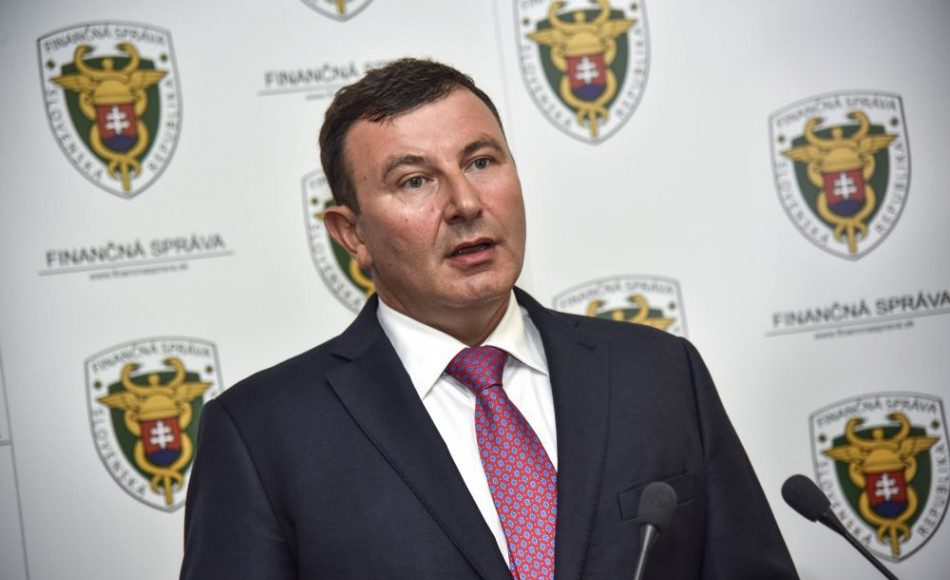Imrecze: e-Kasa Should Contribute towards Elimination of Tax Fraud

Bratislava, September 6 (TASR) – As of April 2019, all hotels, restaurants, cafeterias and petrol stations in Slovakia should use cash registers with an online connection to the website of Financial Administration (the tax office) within the e-Kasa (electronic cash register) project prepared by the Finance Ministry, TASR learnt on Thursday.
“Introducing electronic cash registers is part of measures that are being taken as part of the fight against tax fraud involving VAT, as well as corporate income tax. The reason for implementing e-Kasa is that the gap [i.e. the difference between what should be paid and what is actually paid – ed. note] in the sector of end consumption is much higher than the overall tax gap in VAT in the country,” Financial Administration president Frantisek Imrecze told a news conference on Thursday.
According to Imrecze, the tax gap in the sector of retail and services in absolute figures amounts to €491 million, making up one third of the total tax gap in Slovakia. “The VAT gap in Slovakia currently stands at about €1.5 billion, with one third of it found in the sector of retail and services,” noted Imrecze.
Imrecze said that cash register-related fraud has become much more sophisticated, with inspections revealing, for example, fake receipts and various cases of interference with cash registers. “The only effective way to eliminate cash register-related fraud is to do this online, i.e. connect them to Financial Administration,” stated Imrecze.
In practice, e-Kasa will mean that Financial Administration will immediately have information on every purchase, or transaction, as each document issued will be registered in e-Kasa’s central depository. The tax office believes that this measure will reduce the tax gap for VAT in hotels, restaurants, services and in retail. Implementing the new system will cost the state €18 million. Meanwhile, the measure should bring €70 million into the state budget next year, while additional incomes should reach €120 million in 2020. However, this is a conservative estimate of the Finance Ministry’s Financial Policy Institute, noted Imrecze.



